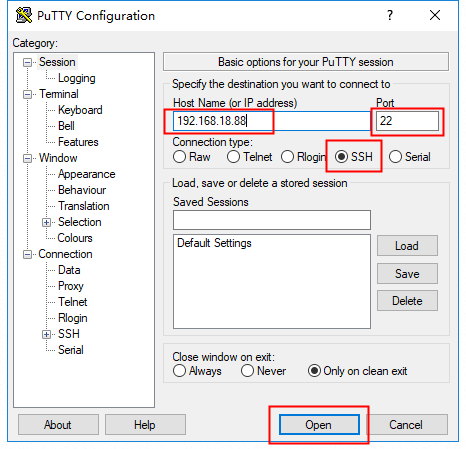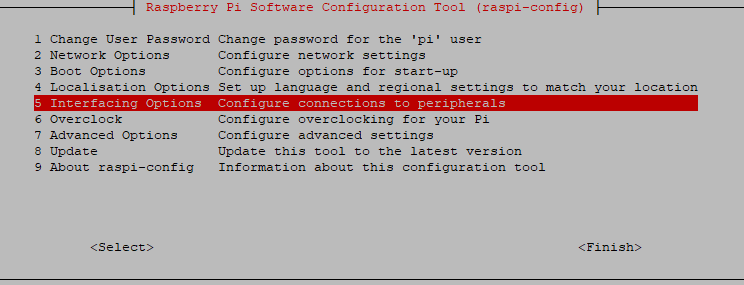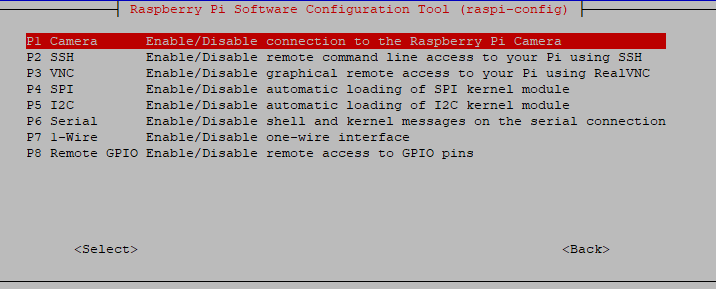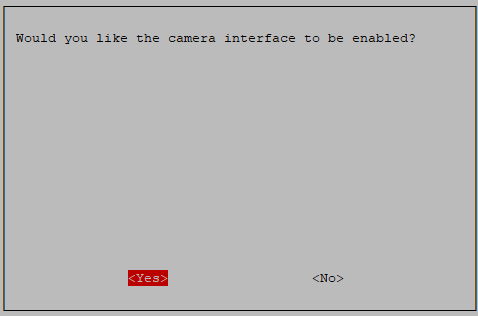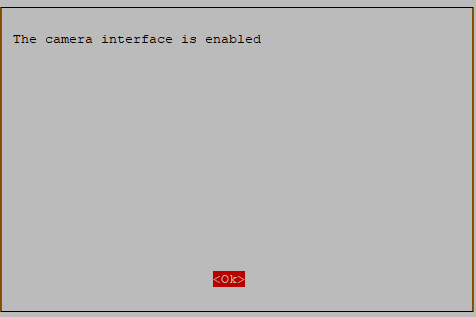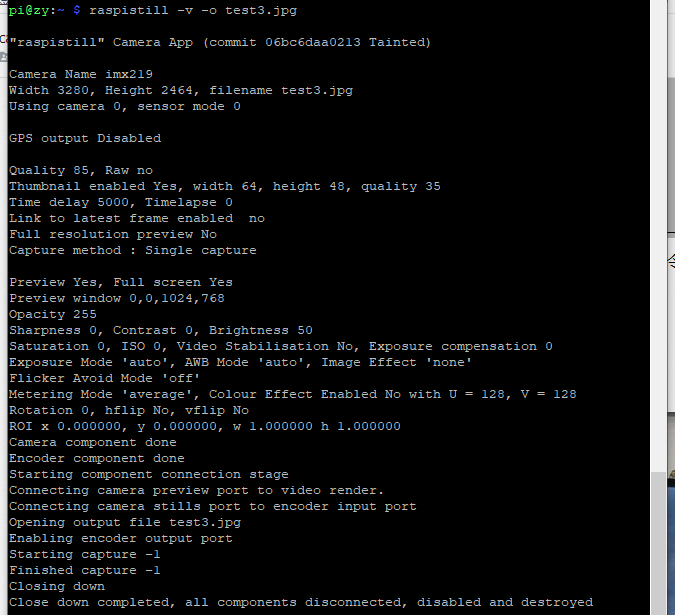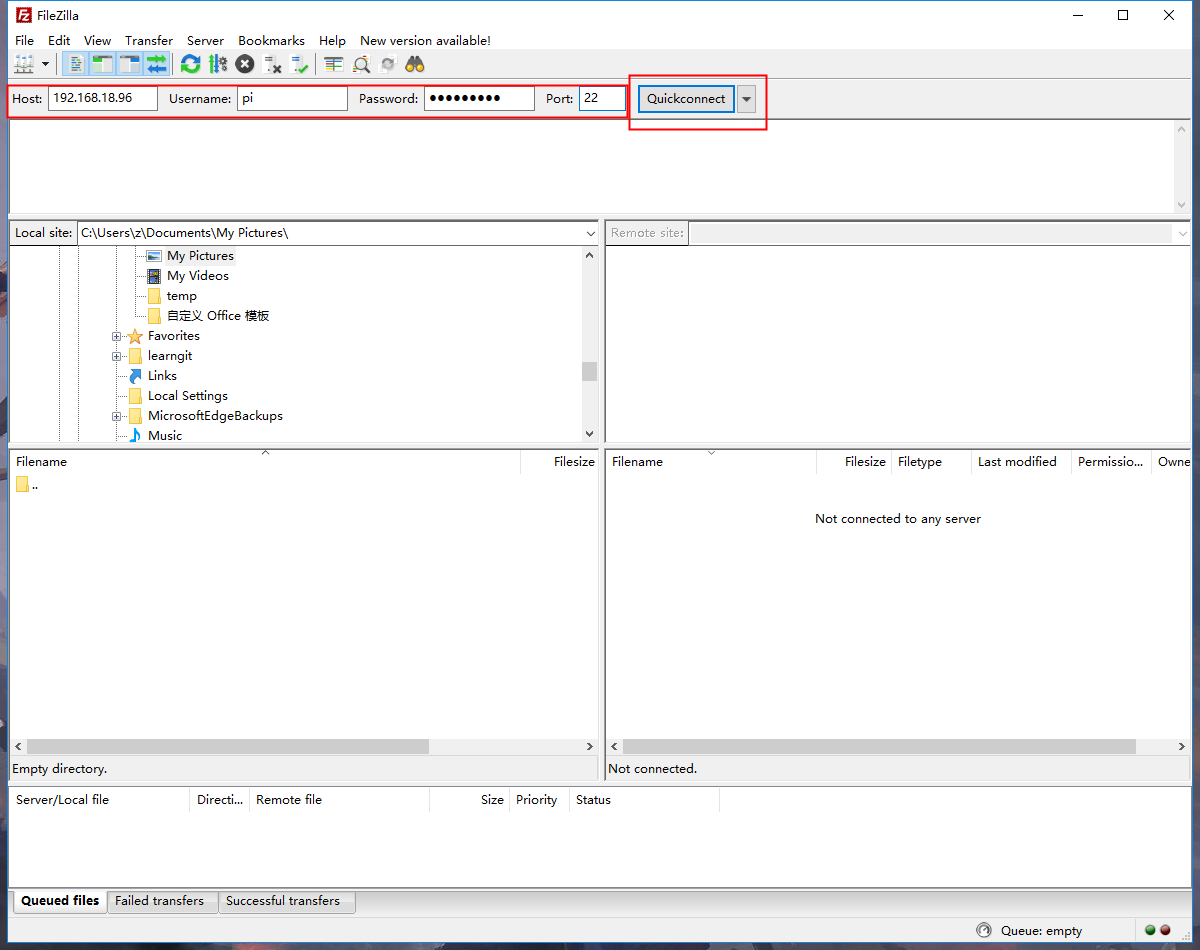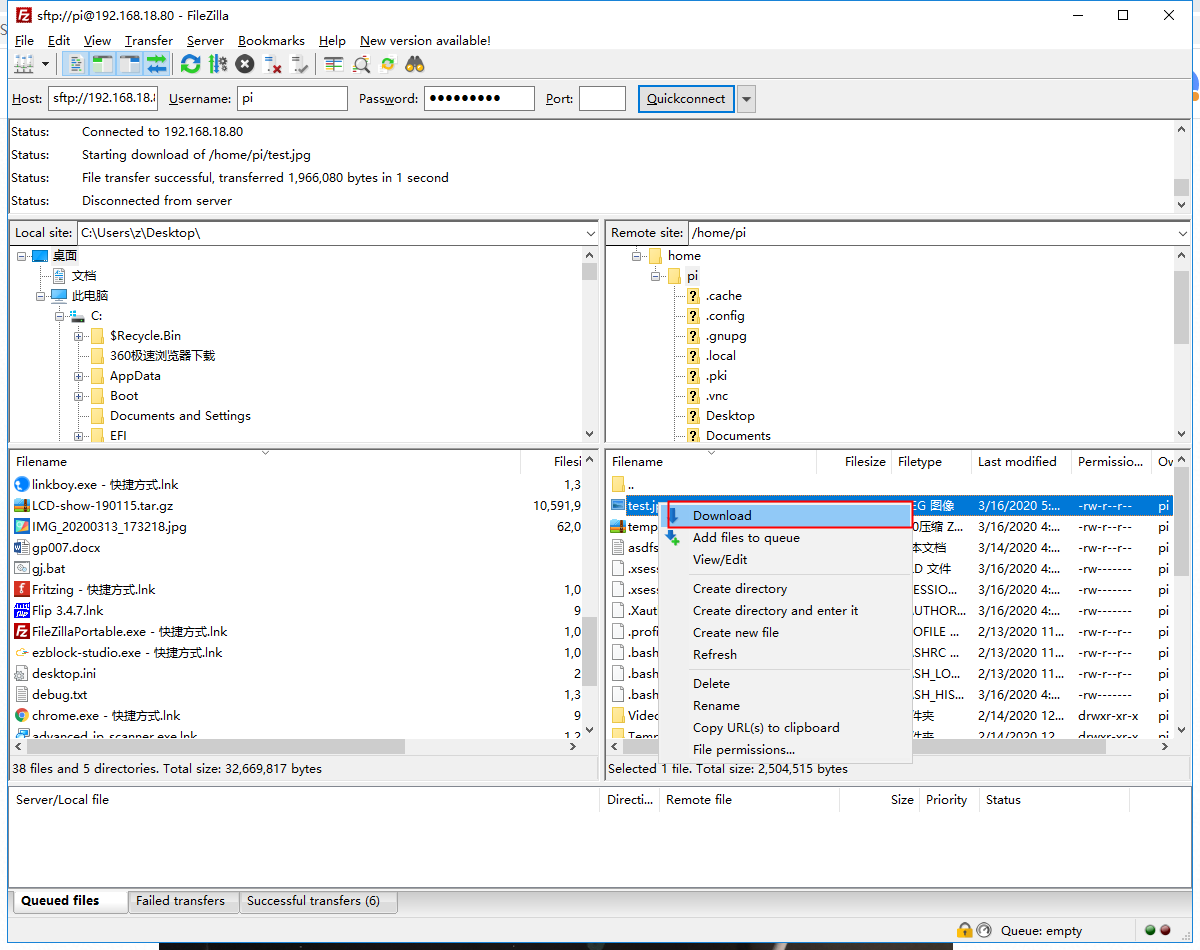Raspberry Pi NoIR Camera Board v2 - 8 Megapixels
Introduction
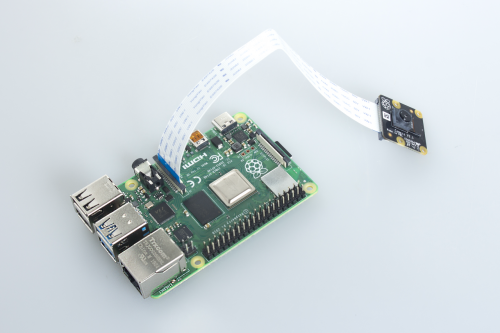
The NoIR Camera v2 is the official "night vision" camera board released by the Raspberry Pi Foundation!
The Raspberry Pi NoIR Camera Board v2 is a high quality 8 megapixel Sony IMX219 image sensor custom designed add-on board for Raspberry Pi, featuring a fixed focus lens. It's capable of 3280 x 2464 pixel static images, and also support 1080p30, 720p60, and 640x480p60/90 video.
It attaches to the Pi by way of one of the small sockets on the board's upper surface and uses the dedicated CSi interface, designed especially for interfacing to cameras.
The NoIR Camera has No InfraRed (NoIR) filter on the lens which makes it perfect for doing Infrared photography and taking pictures in low light (twilight) environments.
Features
- 8 megapixel native resolution high quality Sony IMX219 image sensor
- Cameras are capable of 3280 x 2464 pixel static images
- Capture video at 1080p30, 720p60 and 640x480p90 resolutions
- All software is supported within the latest version of Raspbian Operating System
- No Infrared filter making it perfect for taking Infrared photographs or photographing objects in low light (twilight) conditions
- 1.4 µm X 1.4 µm pixel with OmniBSI technology for high performance (high sensitivity, low crosstalk, low noise)
- Optical size of 1/4"
Package Including
- 1 x Raspberry Pi Camera Board v2
- 1 x 15cm FFC Cable
operating guide
1. Insert the camera into the Raspberry Pi, lift up the black part here, the blue side of the cable is inserted towards the USB interface of the Raspberry Pi, then press the black buckle
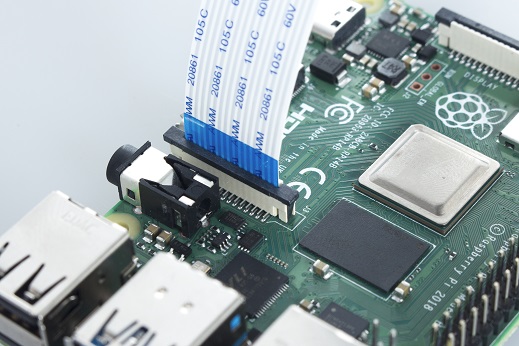 - a. Click in to access the Raspberry Pi official website https://www.raspberrypi.org/downloads/, and then select to download the image you need according to your compute type(windows/MAC/Ubuntu).
- b. After downloading, click to start the installation of imager.exe. The RPi Imager page appears when the installation is done. You need to click "CHOOSE OS" then on the new page, select the first one.
File:Cam008 2.jpg
- c. Insert the SD card in the card reader then plug the card reader into the computer. You should click "CHOOSE SD CARD" to let the following SD Card page appear. Now, select the SD card information bar. Back to the RPi page and click "WRITE" to download and flash the RPi system.
File:Cam008 3.jpg
- d. Replug the card reader once the flash is finished and create a file named ssh without suffix name in / boot directory.
- a. Click in to access the Raspberry Pi official website https://www.raspberrypi.org/downloads/, and then select to download the image you need according to your compute type(windows/MAC/Ubuntu).
- b. After downloading, click to start the installation of imager.exe. The RPi Imager page appears when the installation is done. You need to click "CHOOSE OS" then on the new page, select the first one.
File:Cam008 2.jpg
- c. Insert the SD card in the card reader then plug the card reader into the computer. You should click "CHOOSE SD CARD" to let the following SD Card page appear. Now, select the SD card information bar. Back to the RPi page and click "WRITE" to download and flash the RPi system.
File:Cam008 3.jpg
- d. Replug the card reader once the flash is finished and create a file named ssh without suffix name in / boot directory.
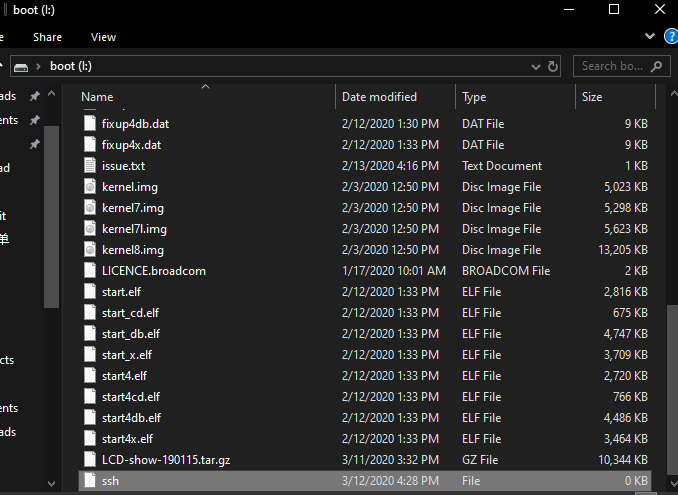
Plug the network cable and the sd card into RPi, then connect the RPi to the power supply. Now, you can find your RPi ip on the RPi management page.
-
Got the ip, you can use putty tool to control RPi remotely via ssh remote connection.
- putty download link: https://www.chiark.greenend.org.uk/~sgtatham/putty/latest.html
- Download finished, putty page is as shown. You need to input RPi ip, and type in 22 in the port box. Check ssh and click open to connect with RPi.
- The terminal page appears once you click open. By default, the ID is "pi" and the password is "raspberry". Note the alphabetic case.
- Type in the command "sudo raspi-config" on putty, and the following page will appear. What you need to do is to select Interfacing Options, press Enter --> click Camera, press Enter --> select "YES", and press Enter -->select "OK" and then press Enter.
- On putty, type "raspistill -v -o test.jpg " in the command line, and the information runs successfully.
Note: The password characters are hidden when you are entering.
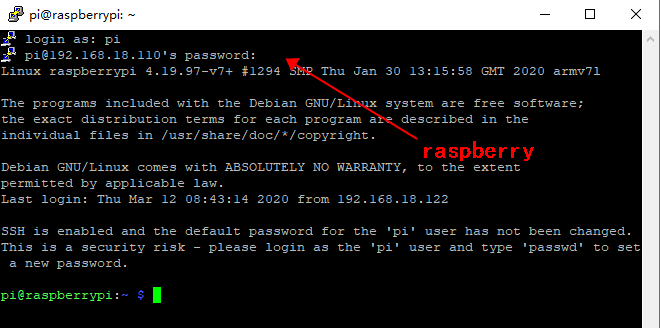
The shot picture can be checked in the pi files directory. If you have no display, you can transfer the pictures to your window computer via sftp.
- ftp link: https://filezilla-project.org/
- Back to the main page after finishing your installation. Fill the relevant box and finally click quickconnect to connect to RPi.
